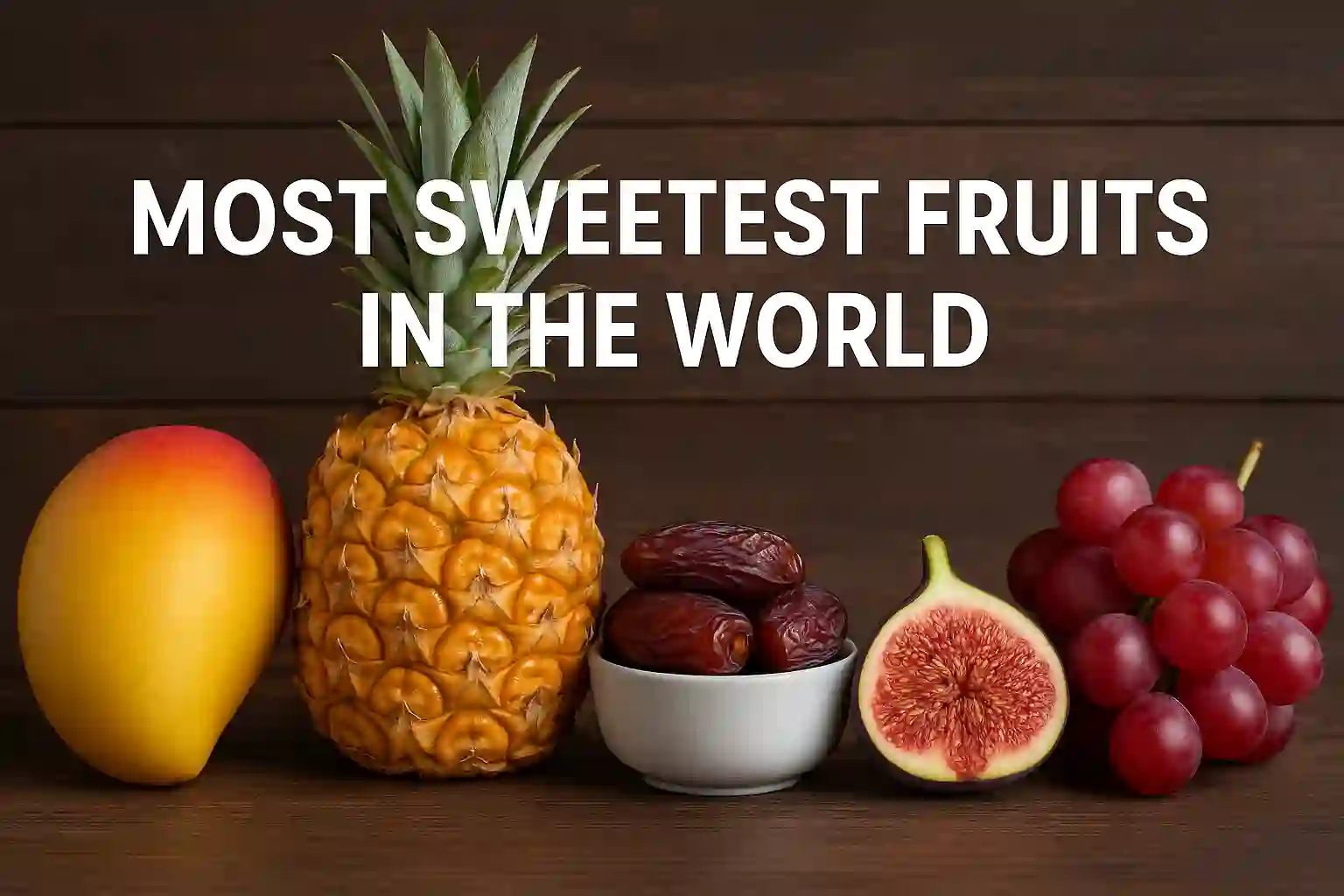
Within our consciousnesses in recent years, superfoods have
come to be known as the redeemer of illness and a key step toward healthier
living. In this article, I go straight to the heart of superfoods
themselves: do they really live up to their miraculous billing? We examine
the scientific evidence and compare nutritional profiles to give a
thorough understanding of superfoods’ place.
Understanding Superfoods: More than Just a Buzzword?
Defining the Superfood Phenomenon
There is, however, no scientific definition of the term “superfood”
which generally refers to foods with exceptionally high concentrations of
vitamins and minerals (including antioxidants) as well as other nutrients. Some
are believed to confer major health benefits, such as stronger immunity and
reduced risk of chronic diseases.
The Superfood List: A Closer Look
Often recognized as superfoods are berries such as acai and blueberries, leafy
greens like kale and spinach, seeds including chia and flaxseed, along other items such as quinoa, green tea, and dark chocolate. Each of these
foods has a nutrient makeup with differing health-promoting properties.
The Science Behind Superfoods
Nutritional Powerhouses or Overhyped?
Even though they are very nutritious, superfoods have to be carefully
considered as far as whether their consumption results in real health
improvements. Foods such as those rich in antioxidants have been found to
alleviate oxidative stress, which will not necessarily mean avoiding disease.
The role of antioxidants and phytochemicals
Lots of superfoods have high quantities of antioxidants and phytochemicals. They
can neutralize harmful free radicals, reducing the risk of certain types of
cancer and slowing aging.
Incorporating Superfoods into a Regular Diet
Superfoods Are No Panacea.
First, it is important to recognize that superfoods are not a substitute for
bad eating habits. For maximum health, the diet must contain a wide range
of nutrients in balance.
How to Fit Superfoods on Today’s Menu Pt2
Adding superfoods to your diet is easy. Have a bowl of oatmeal with
berries for breakfast, put some leafy greens in your salads at noon, and use
chia seeds as a yogurt topping. These little adjustments can greatly
increase nutritional intake.
The Marketing Hype: Navigating the Superfood Trend
What Marketing Does for Superfood Popularity
Effective marketing strategies are one reason for the rise of superfoods. These
campaigns often overstate the benefits. The capabilities of these foods are
misunderstood as a result.
Balancing Expectations with Reality
Although superfoods are certainly healthy additions to any dietary regimen,
it’s important not to get too carried away. They enhance health but are
not a substitute for medical advice or treatment.
Superfoods in Different Cultures
A Global Perspective on Superfoods
Looking at superfoods in different cultures shows many nutritional foods. In
India, for example, there is moringa. Goji berries are superfoods in China and
maca are considered so in Peru.
Traditional vs. Modern Superfoods
These nutritious foods have long been used by many cultures for health
benefits. The modern superfood movement, on the other hand, typically
involves people rediscovering these ancient foods and adding them to their
diets.
So, A balanced look at superfoods:
In fact, superfoods are quite nutritious and can play a positive role in our
health. However, they aren’t wonder drugs (miracle foods). A balanced
diet, regular exercise, and a healthy lifestyle are all essentials for
well-being in general. These superfoods can help, but they are just one
rung on the ladder in making a healthy life.
To sum up, When we take superfoods and incorporate them appropriately into our
diets, they can be good sources of nutrition. But we need to approach them by opening our minds, understanding their limitations, and using other healthful
practices in conjunction.



